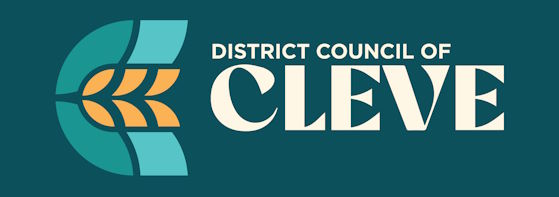ROLE OF COUNCIL
The Mayor and Councillors are elected representatives of the people who live, work and conduct business in the Council area. As community leaders they are involved in:
- deciding on Council plans and policies for the local area
- ensuring Council resources are used fairly for the benefit of everyone in the community
- talking to local people about their views and ideas for the area and
- letting other elected members, regionally and in State and Commonwealth Governments know about local community issues.
The Mayor and Councillors are not paid wages but are entitled to receive an annual allowance. The annual allowance varies from Council to Council. Expenses related to Council business can also be reimbursed, for example, telephone and travelling costs.
Taking on a community leadership role also means taking on extra work. There are Council agendas, papers and reports to read, meetings to attend and community events to attend and help host. The work also involves getting out and about in the community and talking to people who live and work in the area about their views and how they want to be represented.
The head of Council is usually elected as a representative of the area as a whole and is chosen by the members of the Council after the election. This person is known as the "Chairperson" or alternatively the "Mayor".
The Mayor has special duties to perform including:
- running Council meetings
- being the spokesperson of Council, for example, to the media or at community events
- carrying out ceremonial duties like citizenship ceremonies, opening new buildings or parks, and being a guest speaker at important community events and
- working with Council's Chief Executive Officer on Council business in between Council meetings.
Information extracted from the Local Government Association of South Australia
